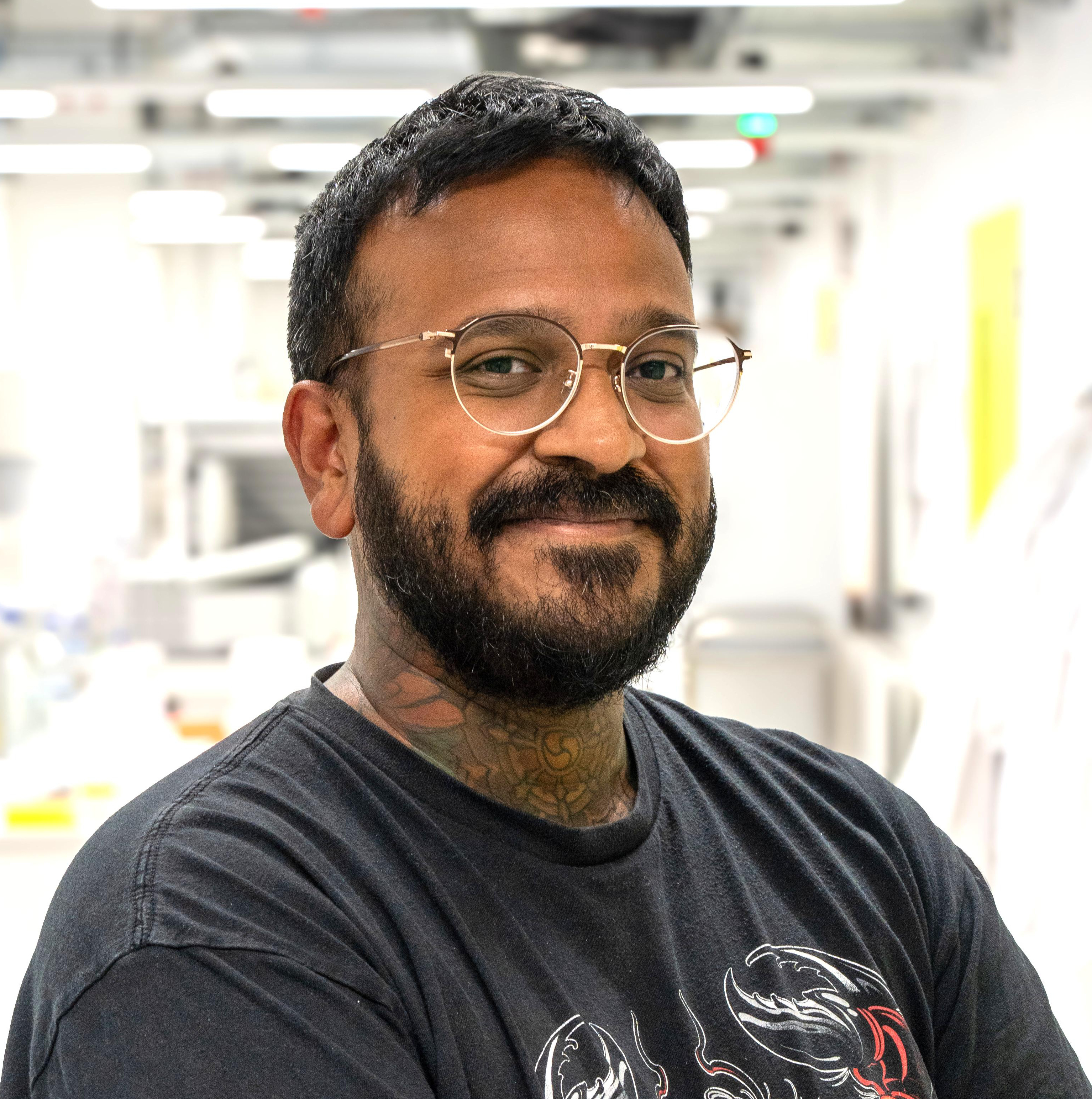COVID-19
Our major research focuses currently on the elucidation of immunological pathways, which are modulated by the SARS-CoV-2 virus.
The overreactive immune response in severe COVID-19 patients is characterized by a massive release of cytokines (also called cytokine storm), organ damage and in many cases a compromised recovery from the disease. As monocytes play a central role in hosting immune responses, they are mediators of pro-inflammatory immune responses against SARS-CoV-2, but are also involved in an unrestrained, ongoing immune activation in severe COVID-19 disease courses. Using RNA-sequencing technologies and ChIP-sequencing for classical histone modifications, we track changes in the transcriptome and epigenome of monocytes over the course of SARS-CoV-2 infection and correlate it the activation stage and changes in biological functions of monocytes.
By the integration of genomics data, clinical patient and laboratory data via bioinformatics analysis, we aim to understand molecular mechnisms and immunologcal circuits which lead to an ongoing, unrestrained immune response in severe COVID-19 diseases courses, while other patients show only mild or even no symptoms of infection. Our research will hopefully contribute to an improved understanding of COVID-19 and to identify patients at risk for severe COVID-19 disease courses and potential long-COVID patients.
.jpg)
The COVID-19 research team lead by Susanne Schmidt, consists at the moment of 14 members, all belonging the Institute of Innate Immunity and the COVIMMUN consortium headed by Prof. Eicke Latz. Starting our endeavour in March 2020 when the first wave of SARS-CoV-2 reached Germany, we set up a laboratory which is especially dedicated to process biological samples of SARS-CoV-2 infected patients in a semi-automatized way. Until now, we processed and collected over 700 blood, saliva, swabs and gargling solution samples of severe and critically ill infected patients with the help of numerous clinicians and scientists working on a voluntary basis in our COVID-19 laboratory. Since summer 2020, we were able to expand the COVID-19 laboratory and became part of the COVIMMUN consortium, which interconnects clinicians and researchers from different disciplins at the medical campus in Bonn. We are proud to be part of a vibrant research field that is driven by the urge to help humans all around the globe in the fight against COVID-19.

Project-related publications
N-protein presents early in blood, dried blood and saliva during asymptomatic and symptomatic SARS-CoV-2 infection
Nat Commun. 2021 Mar 26;12(1):1931. doi: 10.1038/s41467-021-22072-9.
Project-related funding
COVIMMUNE
BMBF

IRTG 2168
Deutsche Forschungsgemeinschaft

Project-related scientists
Alexandru Odainic
Susanne Schmidt Lab

Jasper Spitzer
Susanne Schmidt Lab

Franziska Dorer
Susanne Schmidt Lab

Tim Krämer
Susanne Schmidt Lab

Jakob Neuberger
Susanne Schmidt Lab

Simon Schade
Susanne Schmidt Lab

Maike Kreuzenbeck
Susanne Schmidt Lab

Anushka Kudaliyanage
Felix Meissner Lab

Ulrike Strube
Susanne Schmidt Lab



